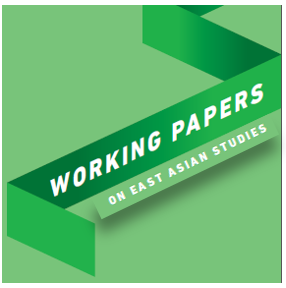The Impact of Incentives on Prosocial Behavior : An Experimental Investigation with German and Chinese Subjects
Economists believe in (monetary) incentives. However, in the specialized area of prosocial behaviours,
(monetary) incentives could backfire because extrinsic motivation might crowd out intrinsic motivation.
Moreover, national differences in the perception of incentives should also be considered, taking
the cultural background of individuals into account. In this project, we ran a real effort experiment in
Germany and in China. In addition to an extrinsic monetary incentive (personal payment) to the subjects,
we made a donation to UNICEF, and the amount of the donation depended on the effort of the
subjects, which served as an intrinsic motivation. The results indicate that with respect to activities
with a prosocial element, Germans tended to exert a high level of effort, regardless of the alternation
of the art and the level of their payoff; in contrast, the Chinese did react to extrinsic monetary incentives
and exerted more effort with a linear payment or if the level of payment was high. Females exerted
significantly more effort than males, and this was true for both the German and Chinese subjects.
The last finding is that the Chinese were more motivated by a fixed non-monetary payment than a
fixed monetary payment, if the level of payment was relatively low.
Preview

Cite
Citation style:
Yang, Guanzhong (2017): The Impact of Incentives on Prosocial Behavior: An Experimental Investigation with German and Chinese Subjects. In: Working Papers on East Asian Studies. Online unter: https://nbn-resolving.org/urn:nbn:de:hbz:464-20190218-141924-8.
Could not load citation form.
